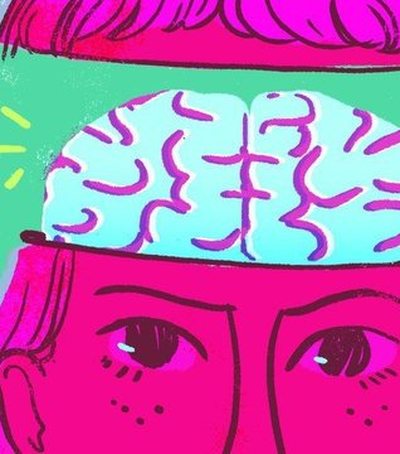
The body faces a transformation, a new stage in a woman's life such as menopause. Is fat in menopause imminent? When the menstrual cycle disappears, estrogen production decreases and this hormonal change can be reflected throughout the organism, affecting metabolism and mood. Among the typical symptoms of menopause are heat, skin drowsiness along with reduced skin compactness and elasticity, abundant night sweats, vaginal dryness, concentration and memory problems, nervousness, and so on.
Among the changes commonly associated with the menopause period, there is also a change in body weight, but that does not necessarily mean that must occur. Menopause does not mean being punished for weight gain. However, it is true that throughout life, even in premenopause, the body changes, because we face different periods and phases. Here are the things to know why you add weight during this difficult phase in a woman's life such as menopause.

Scientific causes: how metabolism varies
Weight gain and changes in the body during menopause, such as loss of muscle tonification and a less harmonious body sensation, have an important connection with basal metabolism, which tends to be reduced by age.
The average amount of fat between the ages of 20 and 60 is increased from 40 to 50%, even in women who carry an equal body weight, while the percentage of abdominal obesity increases even more. If fatty and caloric foods are quickly burned by a very young organism, it is true that in the long run, an unbalanced diet, along with the tendency to stay very low, can adversely affect our health.

Psychological causes: awareness of a body on diff
From neuroscience studies, it turns out that physical activity and active lifestyle make up an authentic body remedy and have a regenerative effect on the brain because they contribute to the creation of new neural links. Carrying out a physical activity can help burn calories and affect metabolism.

However, research shows that often the women's group during menopause makes less physical activity than others. Certainly, some factors may relate to everyday existence: often a woman between the ages of 50 and 60 still does many hours of work; more time is usually devoted to home care, cleaning and cooking, in addition to the role of the grandmother, which often requires more and more energy. Often hormonal changes create a storm that is also reflected in the mood, stressing stress and anger, with adverse nerve hunger and the tendency to eat more and fill an emotional hole.





